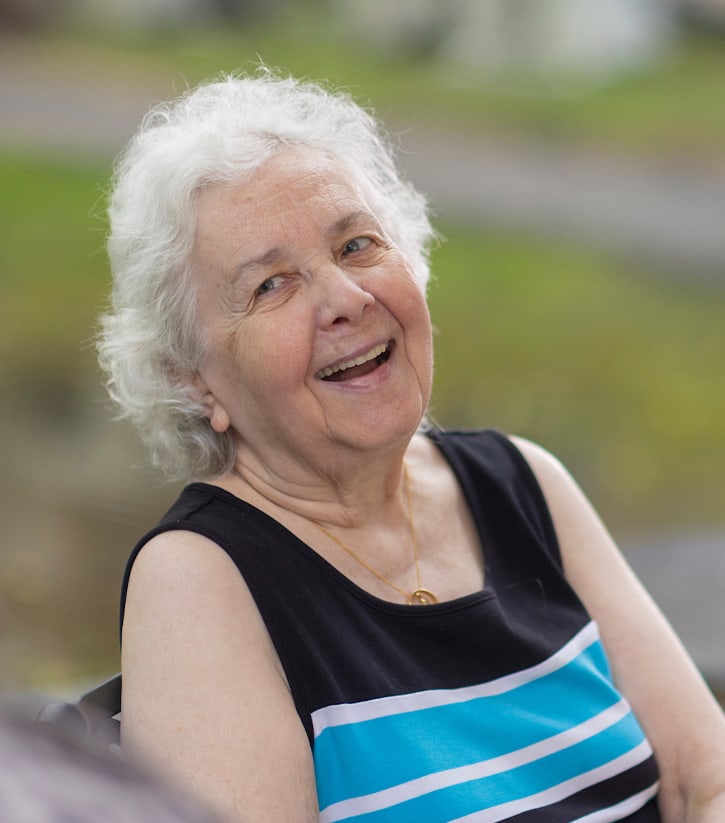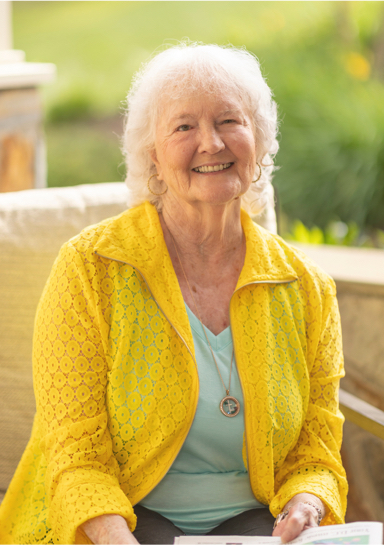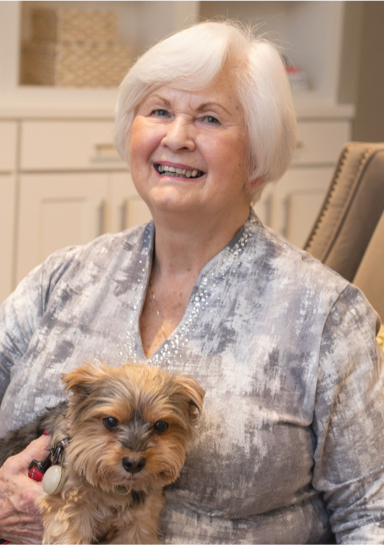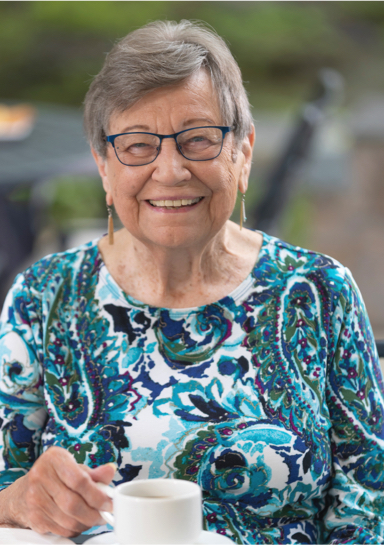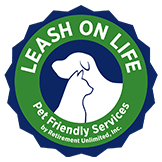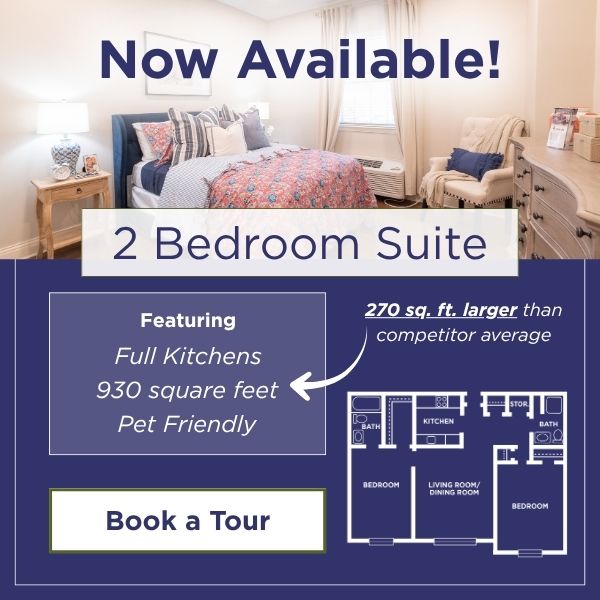As our parents age, their healthcare needs may evolve at different rates. When one parent requires assisted living while the other is still independent, families often face difficult decisions about how to provide the best care while maintaining their parents’ connection and quality of life.
When one parent needs assisted living, finding a senior living option that meets both parents’ needs is essential. Some communities provide a continuum of care, ensuring that couples can stay close while receiving appropriate, individualized support.
Navigating this situation requires balancing medical needs, emotional well-being, and financial considerations to find a solution that works for both parents. Understanding the options available and how to approach these discussions can help families create a plan that prioritizes comfort, safety, and dignity for themselves and their loved ones.
What Is Assisted Living?
Assisted living is a type of senior care that provides support with daily activities while allowing residents to maintain as much independence as possible. It’s ideal for older adults who may need help with tasks such as dressing, bathing, medication management, and meal preparation, but who don’t require the intensive medical care provided in a nursing home.
These communities offer a comfortable, home-like setting where seniors receive personalized assistance based on their unique needs. Most assisted living communities provide:
- 24/7 support from trained caregivers for assistance with personal care and medical needs.
- Nutritious, chef-prepared meals to ensure residents maintain a healthy diet.
- Housekeeping and maintenance services for a stress-free living environment.
- Recreational and social activities to keep residents engaged and connected with others.
- Wellness programs to promote physical health, mental stimulation, and emotional well-being.
Assisted living is a valuable option for seniors who need a little extra help while still enjoying an active, fulfilling lifestyle. For couples where one spouse requires more support, assisted living can provide peace of mind while allowing both spouses to maintain a strong connection.
Understanding the Decision
It’s not uncommon for one parent to need more care than the other due to conditions such as dementia, mobility issues, or chronic illness. Even when the healthier parent is willing to take on a caregiving role, the level of support needed may eventually exceed what they can provide at home.
Signs that assisted living may be necessary for one of your parents include:
- Difficulty managing daily tasks such as dressing, bathing, or medication management.
- Increased risk of falls or other safety concerns.
- A medical condition that requires specialized care.
- A decline in cognitive function that makes independent living unsafe.
While moving a parent into assisted living is a major transition, discussing their needs openly with both parents can help ease concerns and ensure that their wishes are considered. A thoughtful approach helps families navigate this change with compassion and understanding.
Navigating Family Dynamics
Deciding on assisted living for one parent can lead to complex family discussions, especially when siblings or other relatives have differing opinions. Some families may feel that one parent can continue caregiving at home, while others may see assisted living as the best solution for maintaining quality of life.
To navigate these conversations effectively:
- Gather relevant information – Understanding your parents’ medical needs and the available care options can help create a well-informed plan.
- Encourage open communication – Allow all family members to express their concerns and viewpoints.
- Consider a neutral third party – A social worker, physician, or geriatric care manager can provide an objective assessment and guide discussions.
- Prioritize your parent’s well-being – Focus on their safety, health, and happiness rather than personal preferences.
Reaching a consensus may take time, but keeping discussions centered on what is best for your aging parent can help unify the family’s approach.

Choosing the Right Senior Living Option
When one parent requires assisted living, it’s important to explore different senior living options that accommodate both individuals’ needs. Some communities offer a continuum of care, allowing couples to remain on the same campus while receiving different levels of support.
Common options include:
- Assisted living – Provides help with daily activities such as dressing, bathing, and medication management while allowing independence in a supportive setting.
- Independent living – Suitable for the parent who doesn’t require assistance, independent living offers a social and maintenance-free lifestyle.
- Memory care – Specialized support for individuals with Alzheimer’s or other forms of dementia.
- Continuing care communities – Offer a range of care options on one campus so that spouses can stay close to one another even if their care needs differ.
When evaluating communities, consider factors such as location, available services, medical staff, and opportunities for social engagement. Visiting different communities and speaking with staff can provide insight into the best fit for your parents.
Managing Legal & Financial Considerations
Assisted living often comes with financial and legal complexities, so planning ahead is essential to avoid unnecessary stress. Addressing these matters early can ensure a smooth transition while protecting both parents’ financial well-being.
Key steps for managing financial considerations include:
- Reviewing estate planning documents – Ensure wills, healthcare directives, and power of attorney documents are up to date.
- Exploring funding options – Research long-term care insurance, veterans’ benefits, and government assistance programs that may help cover costs.
- Meeting with a financial planner – A professional can help create a strategy that balances care costs while preserving assets.
- Understanding contract details – Carefully review agreements with senior living communities to understand costs, services, and future care options.
By taking proactive steps, families can make informed financial decisions that ensure both parents receive the care they need without unnecessary hardship.
Helping Both Parents Adjust to New Living Arrangements
One major challenge when only one parent moves into assisted living is helping both of your parents adjust to the change. This transition can be emotional, as your parents may struggle with separation, changing routines, and uncertainty about their future.
To ease the adjustment process:
- Encourage frequent visits – Regular interaction between parents can provide reassurance and maintain their bond.
- Create a communication plan – Phone calls, video chats, and in-person visits can help keep your parents connected.
- Personalize your parents’ living space – Bringing familiar items from home can make the new environment feel more comfortable.
- Involve both parents in community activities – Assisted living communities often offer social events that both spouses can enjoy together.
These efforts can help create a sense of normalcy and emotional stability, ensuring that both parents continue to feel supported.
Providing Ongoing Emotional Support
Beyond logistical and financial concerns, the emotional impact of transitioning to assisted living can be significant. The parent remaining at home may experience feelings of loneliness, while the parent moving may struggle with uncertainty about their new environment.
Ways to provide emotional support include:
- Acknowledging their feelings – Encourage open conversations about their concerns and provide reassurance.
- Helping them build new social connections – Assisted living communities offer various opportunities for residents to engage in activities and meet new people.
- Maintaining familiar routines – Consistency can help ease the emotional strain of change.
- Encouraging self-care for the caregiving spouse – If one parent remains at home, ensuring they take care of their own well-being is crucial.
Emotional support is just as important as physical care. Helping both parents adapt in a positive way can lead to a smoother and more fulfilling transition.
Senior Living Options at Heatherwood
For families facing the challenge of transitioning one parent to assisted living while the other remains independent, RUI Heatherwood in Burke, VA offers compassionate care in a supportive environment.
RUI Heatherwood provides independent living, assisted living, and memory care options, ensuring that both parents receive the level of care they need while remaining connected as a family. RUI communities are “Age-In-Place” communities, which means that if only one parent needs assisted living care, the other parent can live in the same apartment while remaining an Independent Living resident. Our Independent and Assisted Living levels of care are intertwined, allowing your parents to receive the level of care they need, while still being able to live together.
Through RUI FIT, residents of our communities can stay active and maintain their physical well-being, while our Leash on Life program offers pet-friendly services for those with furry companions. RUI University provides engaging lifelong learning opportunities, and LUXE Unlimited brings high-quality spa and wellness services to the community.
Heatherwood invites you to explore a community where lifestyle and comfort unite. Schedule a tour today to see how we can support your family’s unique needs and provide peace of mind for your loved ones.
